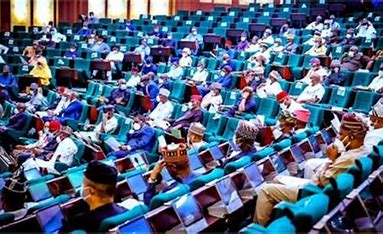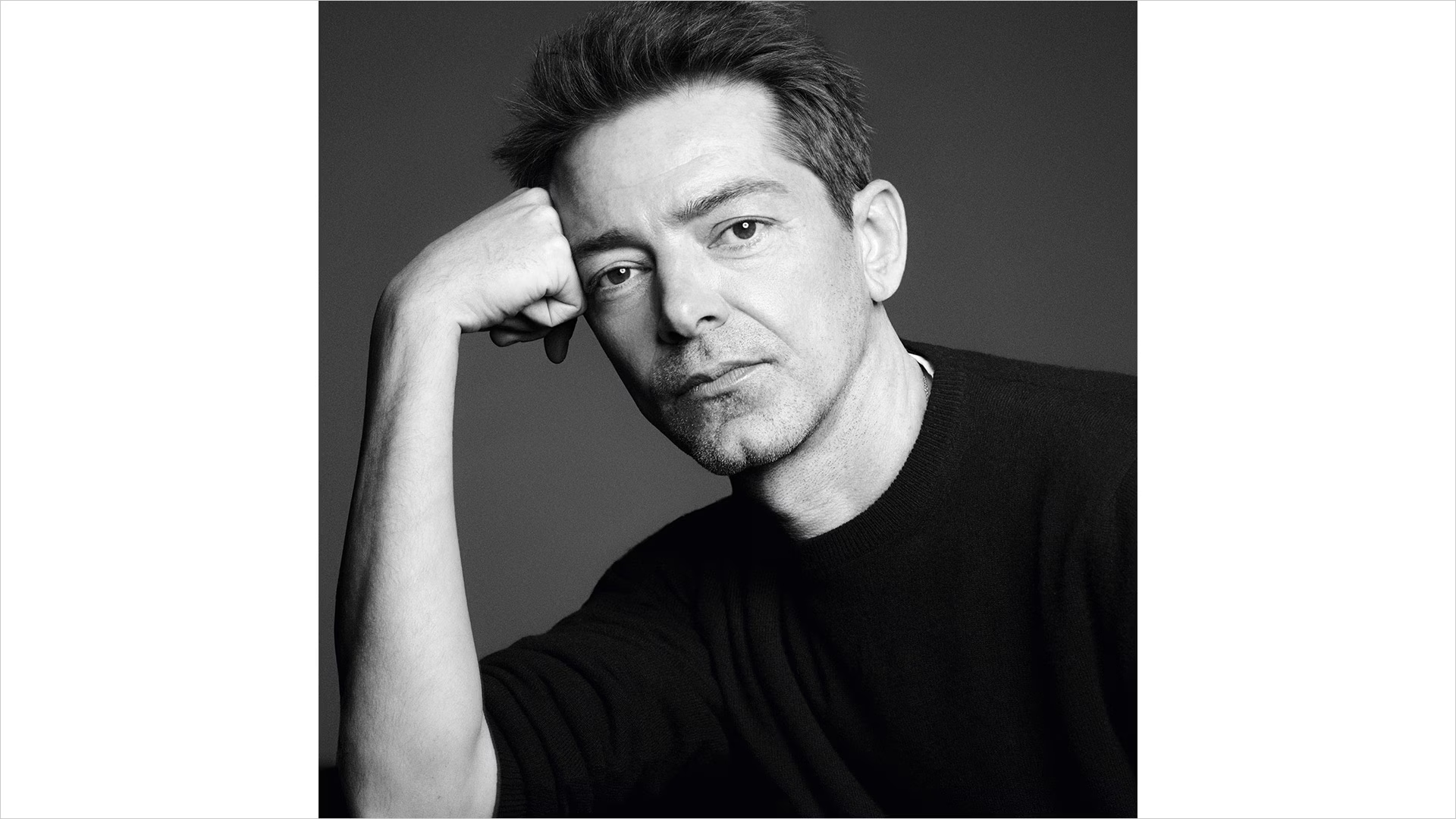
A showdown is brewing in the House of Representatives this week over President Bola Tinubu’s request for a $2.2 billion (approximately N1.77 trillion) loan, which is intended to help fund the N9.7 trillion budget deficit for 2024. The Senate has already approved the loan, and the House is expected to debate and vote on the proposal later this week.
Deputy Spokesperson of the House, Congressman Philip Agbese, expressed confidence that the loan request would be swiftly approved, noting that the government has been prudent in its management of public resources. Agbese, who represents Ado/Ogbadibo/Okpokwu Federal Constituency in Benue State, emphasized that the loan would be used primarily for the execution of capital projects, which he described as essential for the country’s infrastructure development. He assured Nigerians that the House would follow due procedures and ensure that the funds are used for their intended purpose, citing ongoing scrutiny by the relevant committees.
Despite Nigeria’s public debt standing at N136 trillion, Agbese defended the loan request, citing the government’s investment in critical infrastructure and fiscal reforms. He also pointed out that the 10th parliament is focused on ensuring that borrowed funds are spent responsibly, unlike previous administrations that may have borrowed for less productive purposes.
On the other side, opposition lawmakers have expressed concerns about the growing national debt. The Minority Caucus, led by Kingsley Chinda of the Peoples Democratic Party (PDP), has raised questions about the necessity of the loan and the government’s efforts to raise funds through alternative means. Chinda, who represents Obio/Akpor Federal Constituency in Rivers State, argued that borrowing should not be the first option, especially given the interest that would accrue on the loan. He emphasized that before granting approval, the government must clarify the specific projects to be funded and provide a detailed repayment plan.
Chinda’s concerns are shared by other opposition figures, including Labour Party lawmaker Afam Oghene from Anambra State, who expressed unease over the country’s rising debt profile. As of June 2024, Nigeria’s total public debt stood at N87.38 trillion ($113.42 billion), an alarming increase from previous years. Oghene questioned the transparency and integrity of past borrowing practices and urged the government to provide detailed information on how the funds will be spent. He also highlighted the potential strain on the Nigerian people, especially in light of the economic challenges arising from the subsidy removal.
Despite these concerns, some lawmakers in the ruling All Progressives Congress (APC) party, such as Chike Okafor from Imo State, have defended the loan, arguing that it is essential to address Nigeria’s long-standing under-investment in critical sectors like infrastructure, health, and education. Okafor stated that borrowing for capital projects is necessary for economic stimulation and growth, as the country’s revenue is insufficient to meet its development needs.
While both sides acknowledge the need for investment in the country’s infrastructure, the debate will continue this week as the House of Representatives deliberates on the loan request. Lawmakers from both sides are expected to scrutinize the terms of the loan and demand accountability in its use, with the opposition particularly focused on ensuring that it is not diverted or used for non-essential expenditures.





